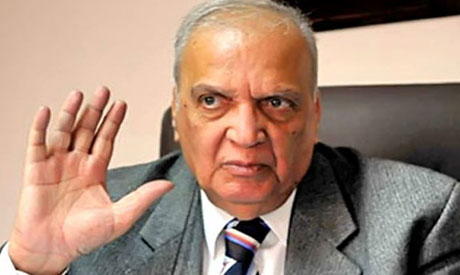 Constitution expert Nour Farahat on Monday criticised recent statements by Mohamed Omara, member of the Salafist Nour Party and Egypt's Constituent Assembly (tasked with drafting a new constitution), regarding the legal minimum age for women to marry.
Constitution expert Nour Farahat on Monday criticised recent statements by Mohamed Omara, member of the Salafist Nour Party and Egypt's Constituent Assembly (tasked with drafting a new constitution), regarding the legal minimum age for women to marry.
During a televised interview on Saturday, Omara, who is also a professor at Egypt's Al-Azhar University, argued that Quranic references to divorcees who "have not menstruated" constituted proof that girls who had not yet reached puberty could be married.
On Facebook, Farahat described Omara's statements as "entirely shocking," arguing that the verse was usually interpreted as referring to adult women that could not menstruate for health reasons.
Farahat went on to request the opinion of Al-Azhar Grand Mufti Ali Gomaa on the issue, noting Omara's assertions that the Virgin Mary had been married as a child, even though the Quran clearly states that she was "not touched by a human."
Farahat also claimed that Omara had been disturbed by the presence of writer Ekbal Baraka during the televised interview since "he doesn't like sitting with women."
The controversy comes within the context of arguments concerning Article 36 of Egypt's draft constitution, which makes the "rules of Islamic jurisprudence" the reference for women's rights.
Some fear that the article, similar to one in Egypt's 1971 constitution, will jeopardise gains made by women's rights in recent decades and reopen discussion of topics such as the legal age for marriage, divorce, sexual harassment and women's right to work, among others.



